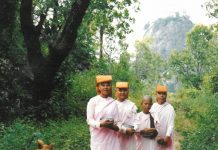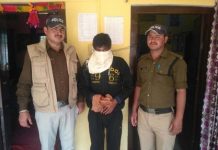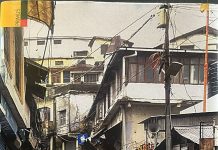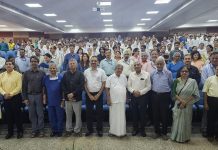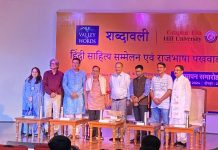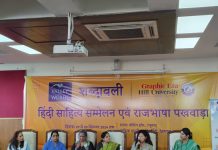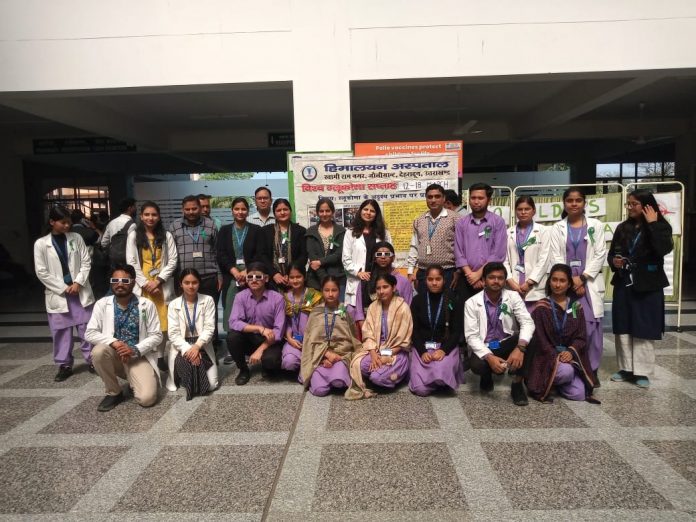
World Glaucoma Week is being observed at Himalayan Hospital, Jollygrant. During this period, information about the symptoms and treatment of this condition is being provided to the visitors.
On Saturday, an awareness program organized by the Ophthalmology Department had paramedical science students present information about the symptoms and identification of black cataract (glaucoma) through a play. They also encouraged seeking medical advice and treatment if symptoms appear.
Speaking on this occasion, the head of the Ophthalmology Department, Dr. Renu Dhasmana, stated that black cataract is also known as glaucoma. Symptoms include severe pain in the eyes and head, weakened vision or blurriness, red eyes, colored rings around lights, nausea, and vomiting. She mentioned that glaucoma can significantly damage our optic nerves due to pressure. It was noted that if a family member has glaucoma, other members are at a higher risk. People over 40 should have an eye examination by an ophthalmologist once a year. Even if no family member has glaucoma, an eye check-up every two years is advisable. Since there isn’t a single test for glaucoma detection, multiple tests are conducted. Confirmation of glaucoma is based on test reports, including eye pressure, angle, field of vision, and optic nerve examination. Once glaucoma causes damage to the eyes, it cannot be reversed, only halted, making timely examination crucial.
Dr. Sukhdeep Bains, Neelam Tiwari, Manoj Verma, Surendra Singh Bhandari, Subodh Gupta, and Manoj Kumar were present at the event.

